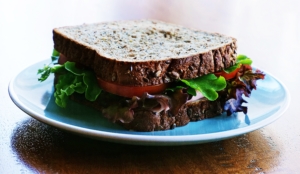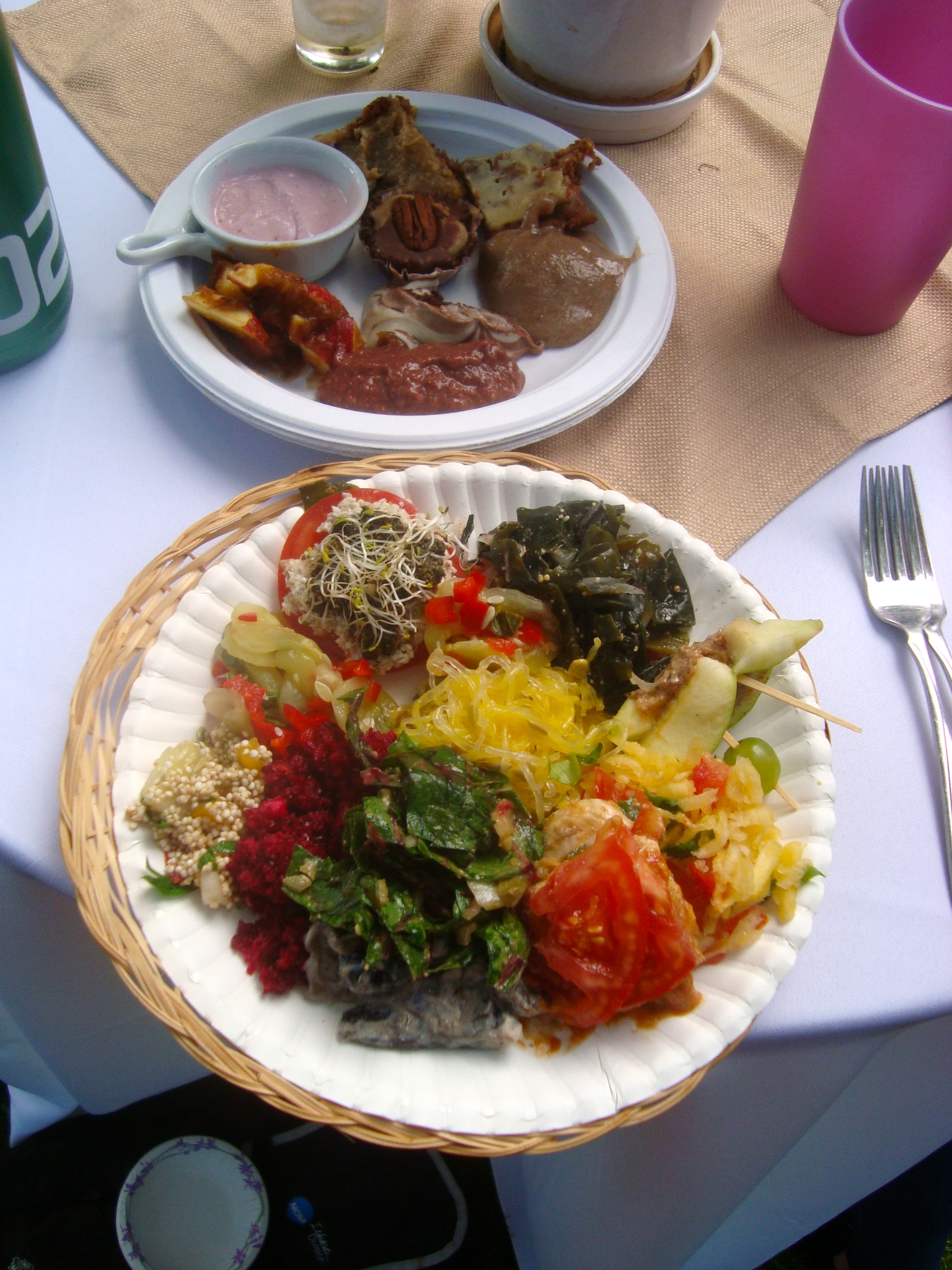An Ode To Carbs: The Macronutrient That Jumpstarted My Eating Disorder Recovery
As I attempted various “lifestyle” diets throughout my eating disorder, I often read that eating sugary food or carbs would make me crave more carbs. I was quick to agree with this because any time I did eat carbs, my body screamed for more.
What I failed to realize was that my body was not going “out of control” or instantly “triggered” by carbs. My body was telling me, “YES! THIS! THIS is exactly what I need right now. Give me more and I will finally be satisfied, and it will no longer feel this intense.”
Also: “You will not have to battle against me anymore.”

Out of Control?
I was plagued by the false notion that I would eat carbs way beyond what I “should,” and that we cannot make ourselves stop eating carbs if we let ourselves loose. I can see where I thought I couldn’t stop because I was eating many more carbs than what typical portion sizes may suggest. And still, well into recovery, I eat more carbs than what is maybe “recommended”–happily!
I now believe that our body knows exactly how much we need to eat–mostly because when I allowed myself to eat as much as I wanted, I did get to a point where food/carbs didn’t feel so “addicting,” and the cravings were not so intense. And when I say “intense,” I mean they had been incredibly intense. I had never experienced such a drive and obsession with food in my life until I restricted what and how much I was eating.
I began to see that there was a point when I got to the end of a meal of pasta or potatoes, that the carbs didn’t taste as delicious as when I had started. My body was smart, and it could tell me when it had enough. There was an end that could be reached. I had just never allowed myself to reach it during my eating disorder.
Working Through Recovery
Carbs were essential in helping to end binge eating and recover. I owe a huge thanks to my eating disorder sports dietitian, who was the first one to suggest that eating more carbs would help.
Yes, for a few of those first large meals I ate much more than I thought I “should.” I felt abnormally (sometimes painfully) full, and went back to eat more even after I thought I had reached my limit. This was because I had depleted myself months and years prior.
I also thought that I just had a giant sweet tooth, when really, I was just depleted of carbs. Again, I learned this from my dietitian and saw it work in real life. As I worked through recovery, I would focus on complex carbs for my meals. But I began to accept simple carbs as well.
Anyone with an eating disorder will tell you how difficult it is to “just eat normally” again. It’s not as simple as eating meals you see most other people eat. The body has to catch up.

No Carbs? Big Problem
Carbs were a huge lightbulb moment for me through recovery. I began to see that my body wasn’t as “broken” as I thought, and I saw food–specifically, carbs–as something helpful rather than detrimental.
Now each time I get a meal at a restaurant, I get irritated if there are no carbs. And it’s not just because carbs taste good and I’d be missing out, but also because I understand their importance. They (and really, all food groups) have made eating intuitively, mindfully, and with very few cravings (if any) effortless.









